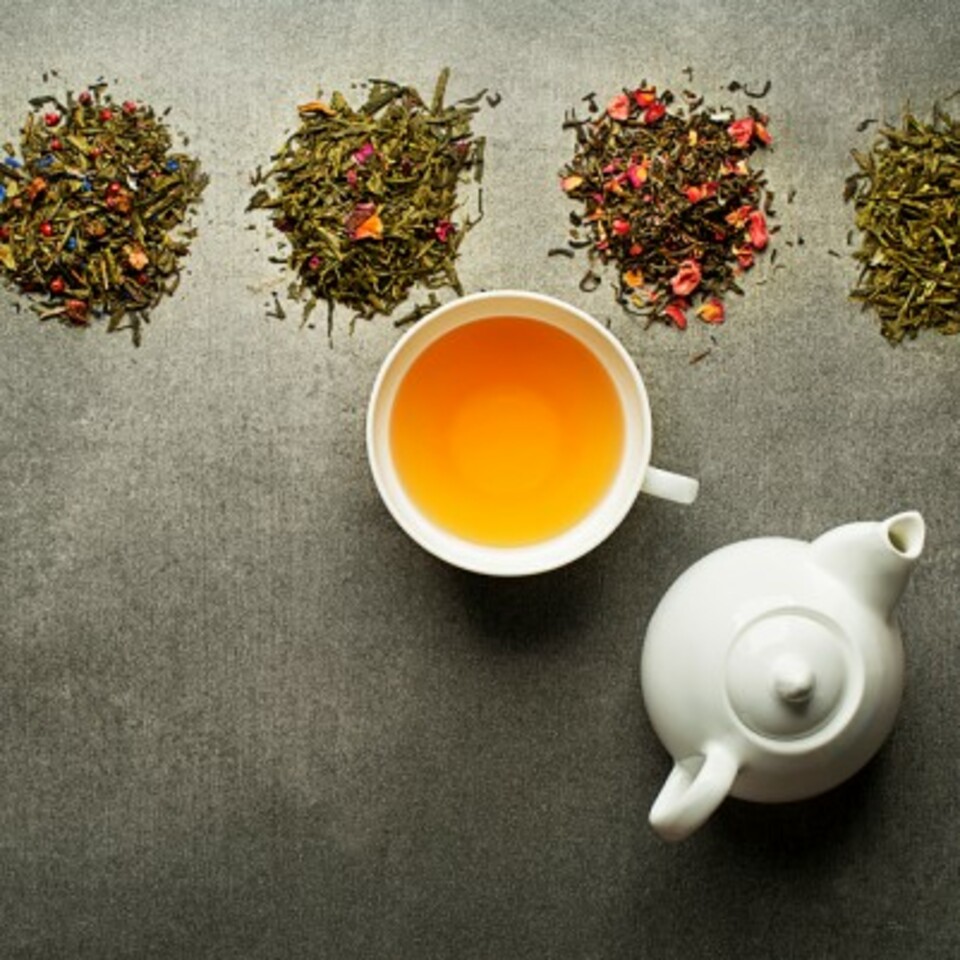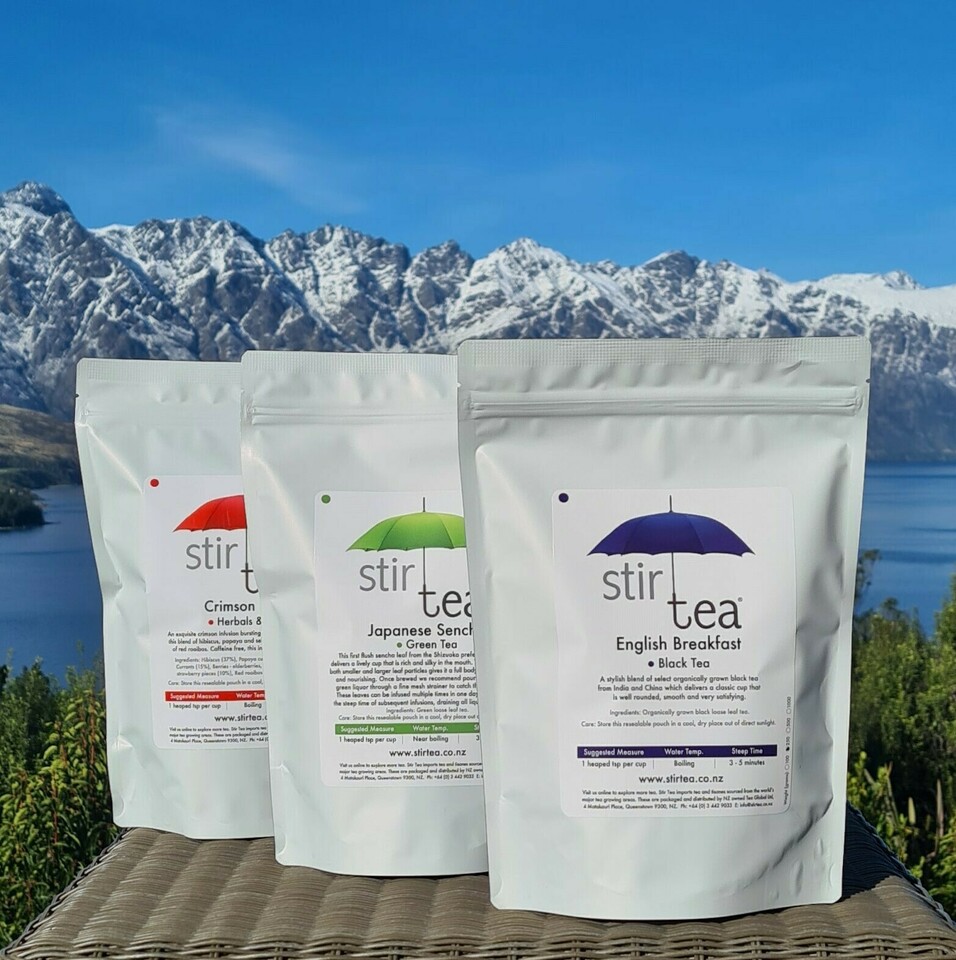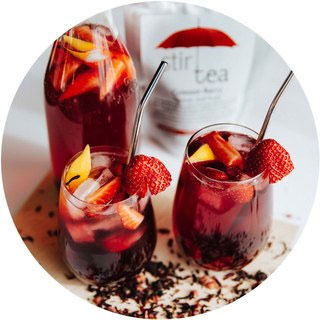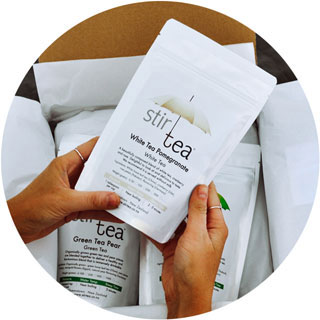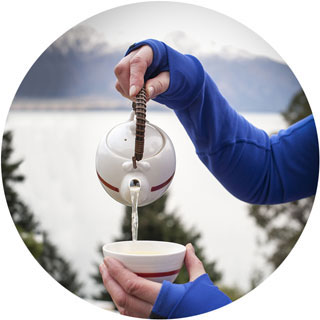Caffeine is a naturally occurring substance found in the leaves of the tea bush (camellia sinensis). This means all styles of tea contain caffeine and it is present in every cup you drink (see Note 1).
The caffeine content in your brewed cup of tea is influenced by several factors. The style of tea you are drinking plays a role e.g. black or green tea as does the maturity of the leaf when plucked. The way you brew your tea including water temperature and steep time may also impact the level of caffeine extracted.
As a general guide to the amount of caffeine contained in a variety of beverages the NZ Ministry of Health (MOH) has produced a handy chart listing how much caffeine is found in a standard serving.
For healthy adults, the recommended maximum daily caffeine intake is 400 milligrams (mgs) from all sources. This limit may be lower for pregnant, breastfeeding individuals or those dealing with anxiety.
In the MOH chart, tea falls into the lower range of caffeine content with the following results which are very heartening for tea drinkers..
Green Tea is 31 milligrams per standard cup (250 mls)
Black Tea is 47 milligrams per standard cup (250 mls)
In comparison plunger coffee was 66 mgs and a 260 ml cappuccino was 105 mgs.
Consuming six cups of black tea or ten cups of green tea a day would only amount to around 300 mgs of caffeine, staying well within the recommended levels set.
If you are concerned about the potential impact of caffeine on your sleep quality, switching to caffeine-free options after 3.00 pm may be beneficial (Note 2).
You can read more of the MOH results and a helpful article on caffeine generally at the NZ Nutrition Foundation website here.
Notes:
1. When we refer to tea it is a drink made from the leaf of the camellia sinensis bush - including black, green, oolong, and white tea.
The caffeine-free Stir Tea red umbrella range of herbal infusions & tisanes are blended from plants, herbs, and fruits other than camellia sinensis which makes them all caffeine-free (and fall outside the technical definition of tea) and a great choice if you wish to reduce your daily caffeine intake.
2. The caffeine in tea is released slowly into your nervous system over several hours (as opposed to the sudden pick-me-up associated with other beverages where the caffeine is quickly released). If you have trouble sleeping you may wish to switch to our herbal blends from mid-afternoon.
3. If you prefer decaf (camellia sinensis with the caffeine reduced), then there are long-standing discussions in tea circles that you can reduce caffeine content by discarding the initial brewed liquor after around 30 seconds and steeping again. This purportedly removes around 50-70% of the caffeine. While we have not been able to test this in a lab or verify the claim, it may be helpful to explore this theory.
Happy Tea Times Folks.
Posted: Wednesday 9 August 2023
